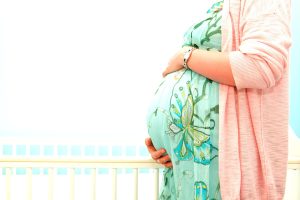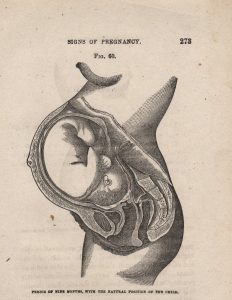A California pregnancy discrimination lawsuit failed when both a trial and appellate court agreed that a requested accommodation for job stress reduction was not “reasonable” for an employee working in a high-demand role at a non-profit domestic violence shelter. 
Before we dive into why the court decided as it did (and why this same accommodation request might be reasonable in another job post), our Los Angeles pregnancy discrimination lawyers should explain that legal protections against pregnancy discrimination are first and foremost rooted in Title VII of the Civil Rights Act of 1964, which prohibits discrimination on the basis of sex – which includes pregnancy and pregnancy-related conditions (current, past, or potential pregnancy, medical conditions related to pregnancy/childbirth/lactation, having/not having an abortion and use of birth control, etc.).
There’s also the Americans with Disabilities Act, or ADA, which protects against discrimination on the basis of disability. Although pregnancy isn’t a disability, some pregnant workers may have impairments related to their pregnancy that constitute a disability that entitles the worker to reasonable accommodations at work.
 Orange County Employment Lawyers Blog
Orange County Employment Lawyers Blog





